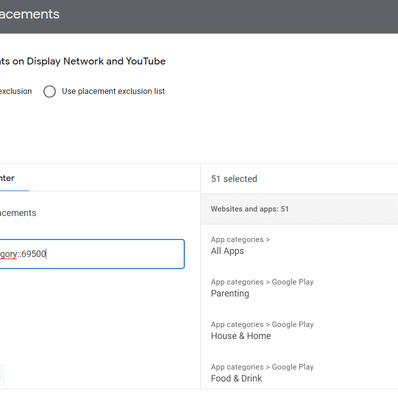Utiq: Telco's Digital Goldmine
A couple of telco providers gets together and starts thinking. No, that's not a start of a bad joke. The question at the heart of the discussion is: "How can we make more money from people who entrust us with their data?" They build a consent management platform, pour their anonymised customer data in it, spin off an ad tech start-up, and slap a cool sounding name on it. There you have it, ladies and gentlemen, Utiq.
Kind of a gangster move great example of lateral thinking. Since the telco providers already own the infrastructure and the internet connection endpoints, they can track users much more easily than regular ad tech companies.
Because there are tonnes of regulations in regard to consumer data protection, all the telco folks have to do is to anonymise the data and provide an option to opt out. To make the regulators not go after them, they turn this intellectual exercise and legal gymnastics into a new company.
From then on, let the money printing commence because advertisers are going to jump on this platform in a jiffy. Why? Superior tracking capabilities, anonymised data and a minimum regulatory oversight.

There is some talk about the cookieless future, compliance and user privacy. There has to be, otherwise it might provoke the watchdogs into asking pretty uncomfortable questions.
Chances are you work in marketing, so you probably have two ideas in mind.
1) How good is this new identity platform?
2) How can I get my hands on it?
I can't speak to the latter point, but I've got a pretty decent answer to the former one.
A couple of bros at Adform had ran a bunch of campaigns in Germany and had PwC conduct an effectiveness report.
Report Structure
The report looked at aggregated data over time and at detailed results of a small campaign (spend around 10k EUR). You can read about how the PwC boffins went about evaluating effectiveness of the ID solution in the methodology sections of the report.
My main issue with the study design is the sample size. As my girlfriend remarked when I first took off my clothes in front of her: "It should be larger, but it will do for now".
Aggregated Data Results
Browsers were split into two categories - Safari & Firefox and Chrome & Others. 25% of all spend went to the Safari & Firefox browsers. The other 75% went into the Chrome & Others category.
24% of the total spend went to Safari & Firefox that were identifiable using the first-party (1P) IDs, but only 3% of browsers from the Chrome & Others category were identifiable by the 1P identifiers.
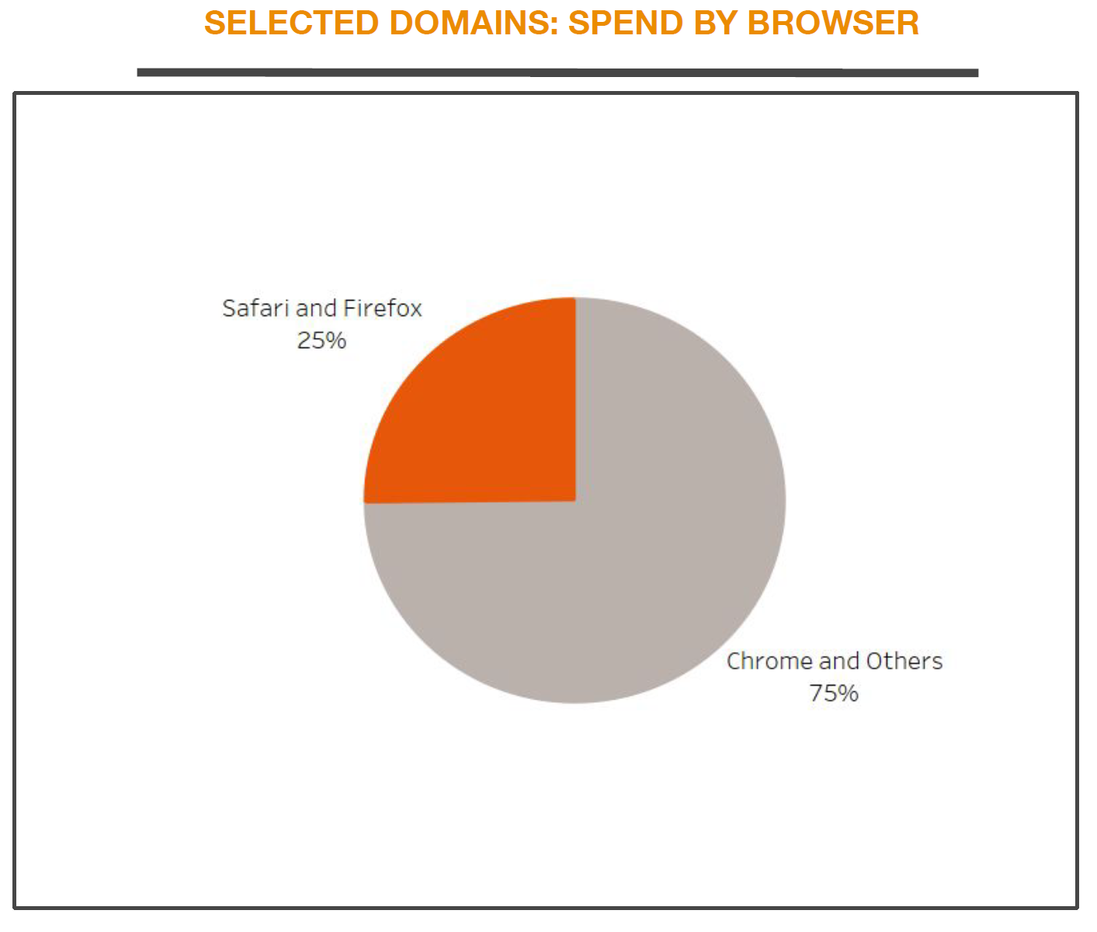
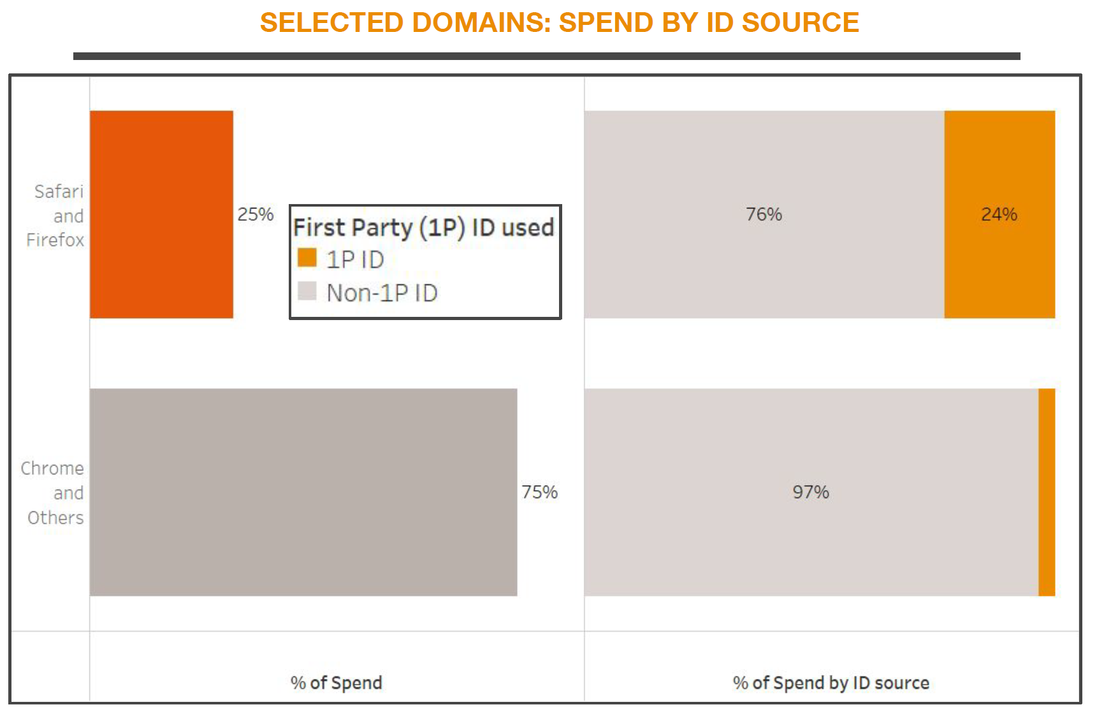
While Google is tinkering with interest-based advertising and Protected Audiences API, other browsers have limited or killed the the third-party (3P) cookies functionality. If you want to target these users who aren't using Chrome, you have to do it using other identifiers. Utiq happens to have those. What a surprise.
Do users targeted through the Utiq platform actually click? Yes, they do. Ads targeted using Utiq IDs exhibited a 100% increase compared to ads targeted using the 1P cookie-based IDs. While the benchmark CTR was 0.03%, Utiq-targeted ads managed to get 0.06%.
Campaign Data Results
There were four line items in this experiment. The campaign budget was distributed equally between the line items A and B as well as C and D. The test lasted 14 days and spent 10k EUR. Bid price was adjusted from 8.5 EUR to 4.5 EUR because the higher bid kept generating above-average Win Rate. That threatened to skew the results by not representing the reality properly.
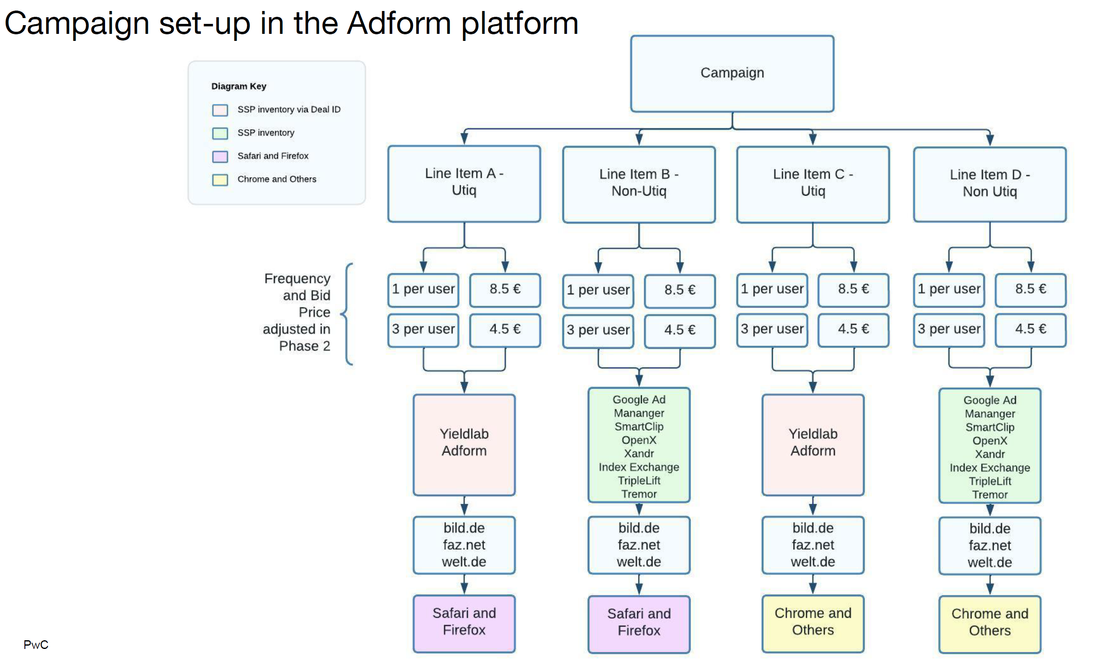
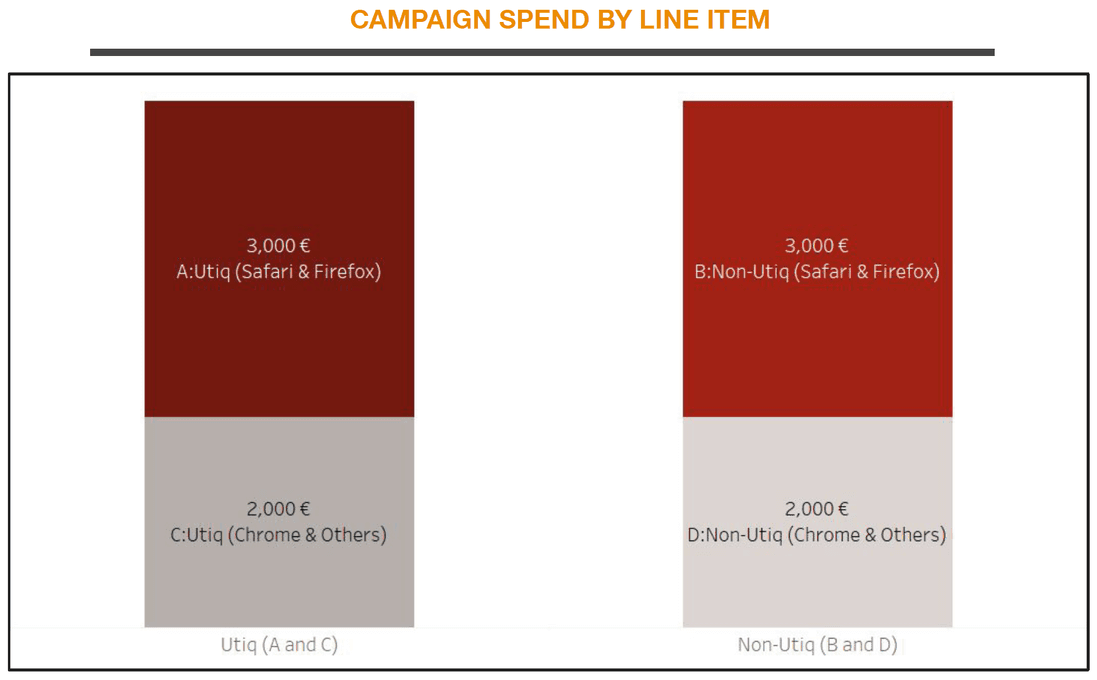
The first conclusion of the campaign is that Utiq allows more precise frequency control in cookieless environments. So does any first-party identifier. Who gives a toss? Unlike climate change, ad creative wear out is not real. The only time we should care about frequency is when it's not high enough.
Speaking of which... Suppose you want to increase frequency from 1 to 3 impressions per user who use Safari and Firefox. Utiq IDs accounted for 69% of impressions that managed to do it, whereas other first-party identifiers accounted for only 24%. Third-party cookies came in dead last with 7% of impressions. If you want to show your ads to difficult to reach users, Utiq seems like a good tool for that.
Good news for advertisers' pockets! The test concluded that 100% of traffic targeted using first-party data (including Utiq) was free of fraud. When targeting traffic without ID, only 0.02% of it was deemed fraudulent. That's really good. In fairness, it's important to point out that testing focused on specific domains like bild.de or welt.de. I wonder whether the test would yield similar results in the CEE region or in the Balkans.
"The proportion of Utiq IDs compared to all IDs is 3.75 times higher in cookieless browsers (31%) than browsers with third-party cookies (8%)." That quote from the PwC report tells us we should use Utiq when targeting the users we can't reach otherwise.
Conclusion
I hope you enjoyed reading this article as much as I enjoyed writing it...
All right, let's be serious.
- The telco boys are at it again. It seems they have put together a machine that can target really well without cookies. As of now, they are using it to pick off fringe users who aren't reachable by cookies. Once Google phases out the 3P cookies, I bet this platform is going to print money.
- Targeting based on data from ISPs, regardless of the data aggregation and anonymisation, is going to be more accurate than targeting based on cookies. This is about as obvious as putting a scope on an M16 to improve its accuracy. Unlike the U.S. military, you figured it out without spending $300 million.
- If you are targeting users who are difficult to reach because they are using Safari or Firefox, check out Utiq.
Shameless self-promotion
If you want to run RTB campaigns, get in touch.
Rumor has it that we have some knowledge in that field.
Response within 24 hours guaranteed.

Managing Director
Honza Felt is a performance marketing specialist who turned into a marketing consultant after a mysterious accident. He spends his days leading a bunch of misfits at CF Agency. Drinks rum and knows things.

